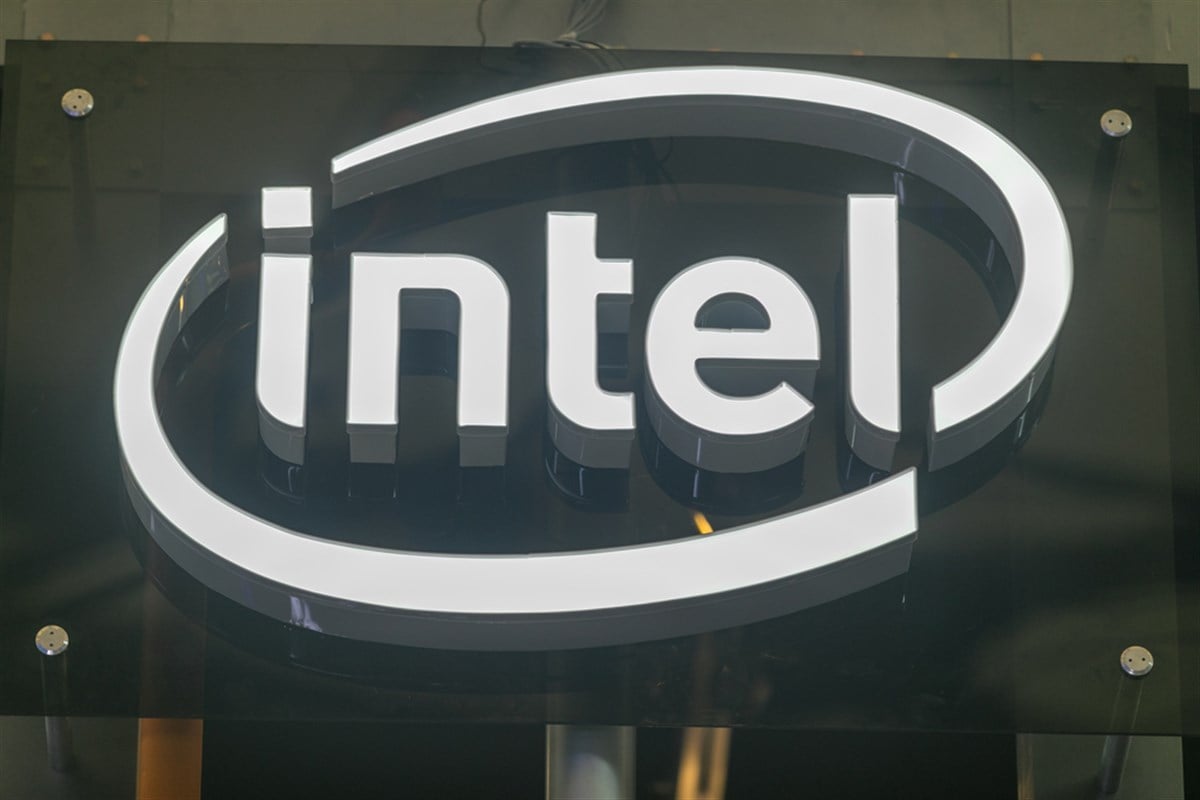
Over the past 2 years, markets have lent the lion’s share of their attention to technology stocks, particularly those exposed to the rising trends in artificial intelligence and semiconductor manufacturing. However, over the past few quarters, markets have given stocks like Nvidia Co. (NASDAQ: NVDA) an unfair amount of attention over peers like Advanced Micro Devices Inc. (NASDAQ: AMD) and others.
Today, it is a quiet one looking to give investors a chance to multiply their wealth over the next few years, rewarding those who are patient—and savvy—enough to hold through management’s secret plan. That stock is Intel Co. (NASDAQ: INTC). It is a heck of a bargain today after its shares fell to only 60% of their 52-week high prices recently, all the while Nvidia keeps making new all-time highs on less-than-stellar earnings results.
Recent price action should be fine for fundamental value investors, realizing that they now have a chance to potentially buy – or add – Intel stock at prices that may never be seen again for this company, especially when they find out what could drive the stock’s valuation higher in the coming years. Here’s a snippet of why Intel may find itself in the eye of the storm.
Intel's Role in Strengthening U.S. Semiconductor Manufacturing Supply Chains
For starters, it is as vital as ever. The U.S. is fighting an endless battle to keep its rivals—mainly China—from getting their hands on the latest semiconductor manufacturing equipment technology so that these other nations may not become as technologically advanced as the U.S. technology sector.
This isn’t bad; it is comparable to a company investing in cybersecurity or better manufacturing plants to retain a competitive advantage or position in its respective industry. However, politics tend to amplify any sentiment positively or negatively. Investors just need to know that this is an opportunity in the making.
This opportunity has a name: the CHIPS and Science Act. This bill is set to give billions to semiconductor companies that show deep market share penetration and are believed to keep delivering the latest semiconductor technology for the nation and its customers.
Intel holds 64% of the x86 CPU market, a relatively big chunk of the personal computer (PC) space. Chances are, laptop users will find an ‘Intel Core’ sticker somewhere on their laptops, proving this point in the real world and not only in a paragraph on a computer screen.
Because of Intel’s market positioning, the government has granted the company up to $8.5 billion in capital—through the CHIPS and Science Act—to start its onshoring attempts.
Intel’s CEO, Pat Gelsinger, has repeatedly told shareholders that a good chunk of the company’s free cash flow would be invested in the well-underway efforts to open factories in Arizona and Ohio. This is where the opportunity comes in.
Intel's Property Assets: A Key Factor in Elevating Stock Valuation
Apart from now having the faith of the U.S. government behind it, Intel has another avenue through which it can reward shareholders. This $8.5 billion grant will be placed into industrial properties across the U.S. for onshore semiconductor manufacturing, but that’s not where the story ends.
These properties and the machinery and equipment inside them will end up inside Intel’s balance sheet as an asset. This is where the net asset value (NAV) comes in, and investors will see a chance to compound their wealth.
First, here’s an attempt to value these properties in the future. Taking another large owner of industrial property, Prologis Inc. (NYSE: PLD), the real estate investment trust (REIT) is valued at a 3.5% dividend today, called a ‘Cap Rate’ in the real estate sector.
Taking Intel’s operating income of $714 million as a proxy for a dividend generated by these properties and slapping a 3.5% cap rate since they are also in the industrial space, these new factories could be worth up to $20.4 billion.
Keeping things simple, this $20.4 billion would be added to the company’s book value or NAV. Here’s how that would benefit shareholders.
Dividing $20.4 billion by the 4.3 billion shares outstanding today, the government’s $8.5 billion grant could translate into a stock price boost of $4.7 a share, and that’s without accounting for the earnings per share (EPS) benefits that new U.S. operations could bring.
Knowing how much upside these properties – and operations – could bring for Intel stock, Wall Street analysts feel comfortable projecting up to 866.7% EPS growth for the next 12 months.